In his 1987 book, The Closing of the American Mind, Allan Bloom argued that higher education no longer taught US citizens how to think. “We are like ignorant shepherds living on a site where great civilizations once flourished,” he wrote. “The shepherds play with the fragments that pop up to the surface, having no notion of the beautiful structures of which they were once a part.”
Now, almost 40 years later, we’re even more clueless. The rot in academia has spread throughout the education system and can be found all over American life. Rational thinking has now been almost entirely usurped by the baser passions of anger and grievance, as we saw all too clearly in the collective insanity of the Black Lives Matter riots of 2020. Today, people have lost the art of reflecting on and tempering their instincts. They simply act on them.
Because we’re no longer rational, we can no longer argue for what we know instinctively to be right. We know, for instance, that gender ideology and the fetish for endlessly teaching children about sex is wrong, but we can no longer think critically so we struggle to explain why. The frontier spirit that built America has been replaced by the pettiness of identity politics, crushed by the dogma of Diversity, Equity and Inclusion (DEI). We’ve been cowed into submission, bamboozled by our increasingly censorious culture. Most destructively, we’ve been educated not to think.
Across America, teachers and college professors are bearing witness to the toll this ideology has taken on their students’ minds. Amy L. Wax writes that hyper-progressivist teaching has spawned a monster through the “psychologizing and subjectivizing of harm and the deployment of concepts of psychological harassment and hostile environment to silence dissent.”
But here’s the good news: bright ideas can’t be extinguished. The American mind has never shut down entirely. Better still, as Peter W. Wood argues, US citizens now have a rare opportunity to pry it open again, thanks, in no small part, to Donald Trump. The President, who operates on his instincts, is an extraordinary political opportunist. He has spotted the value of good education and understands it has been underpriced for years. He knows that Americans voted him into power again in part to bring back the pursuit of excellence over equity. His second administration may be bogged down in trade wars and intractable international problems – but through his executive orders against DEI in higher education and schools, Trump has given American educationalists the power to fight the battle for him.
His counter-revolutionary moves against Harvard and other suffocatingly progressivist elite universities have the potential to backfire. But his bold education agenda, which focuses on empowering parents, not school boards, could push America’s educational institutions in the right direction.
It’s exhilarating and frightening at the same time. In Executive Order 14190, “Ending Radical Indoctrination in K-12 Schooling,” Trump’s White House declared that “imprinting anti-American, subversive, harmful and false ideologies on our Nation’s children not only violates longstanding anti-discrimination civil rights law in many cases, but usurps basic parental authority.” Such stark and heavily political language rightly alarms free-thinkers, who don’t believe the government should regulate what qualifies as pro- or anti-American. But what the Trump administration is opposing is even more disturbing. As the Order says, “In many cases, innocent children are compelled to adopt identities as either victims or oppressors solely based on their skin color and other immutable characteristics. In other instances, young men and women are made to question whether they were born in the wrong body and whether to view their parents and their reality as enemies to be blamed. These practices not only erode critical thinking but also sow division, confusion and distrust, which undermine the very foundations of personal identity and family unity.”
It is the loss of critical thought that leads to authoritarianism. As Bloom said, “Freedom of the mind requires not only, or not even specially, the absence of legal constraints but the presence of alternative thoughts. The most successful tyranny is not the one that uses force to assure uniformity, but the one that removes the awareness of other possibilities.”
American education will not be saved through politics or strokes of the President’s pen, but Trump can give citizens the freedom and the power to revive their own minds. The best way to do that is through literature, and that is the purpose of this month’s Spectator. In this edition, and for the rest of this year, we’ll be asking various contributors to recommend ten books they think every American should read.
We don’t believe our duty is to instruct readers. We don’t take ourselves that seriously. But we do dare to think for ourselves and we hope to help our readers do so too. For too long, academia has stifled intellectual originality. It has elevated relativism and polluted our language with postmodern jargon which in turn distorts our ideas.
Trump is no intellectual, to put it mildly. It seems incredible that he should be the first president in decades to try to reboot American education for the new century. But, as he has said, “In America, impossible is what we do best.”



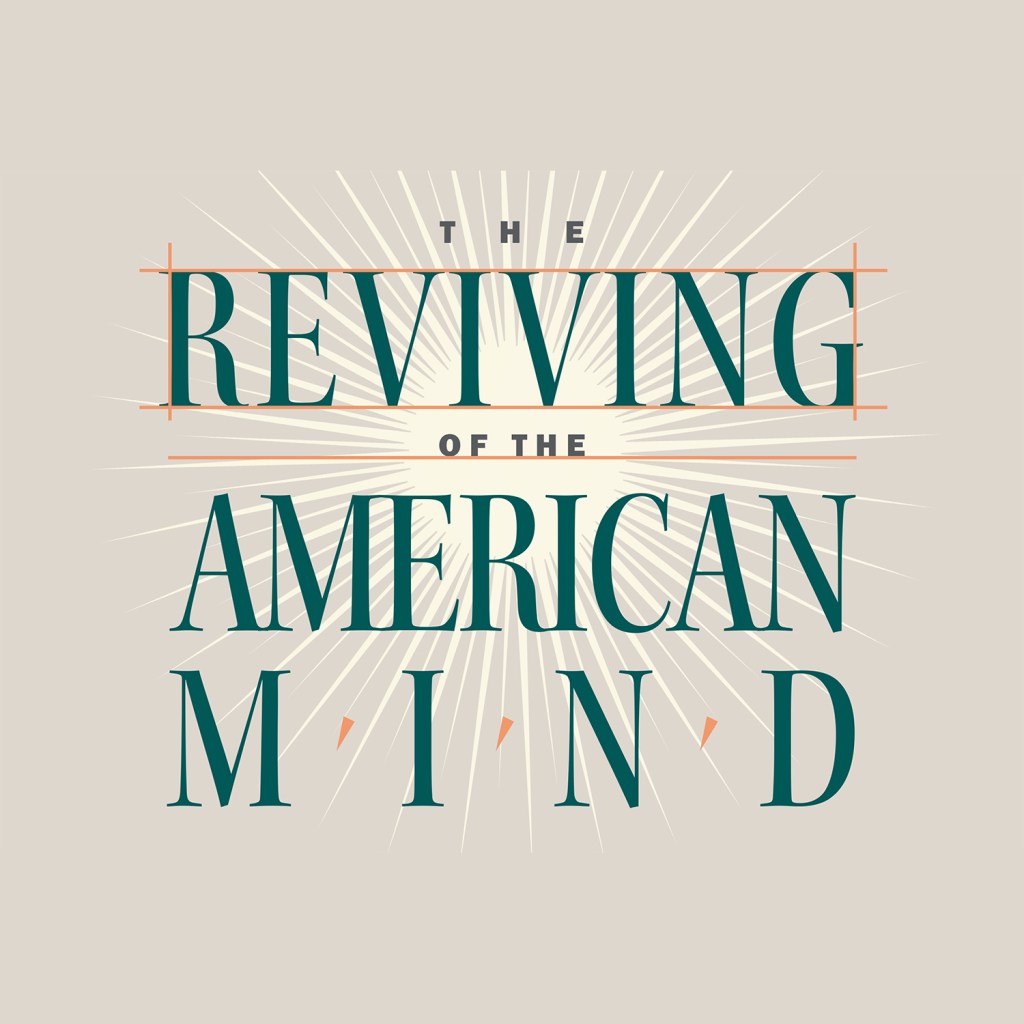








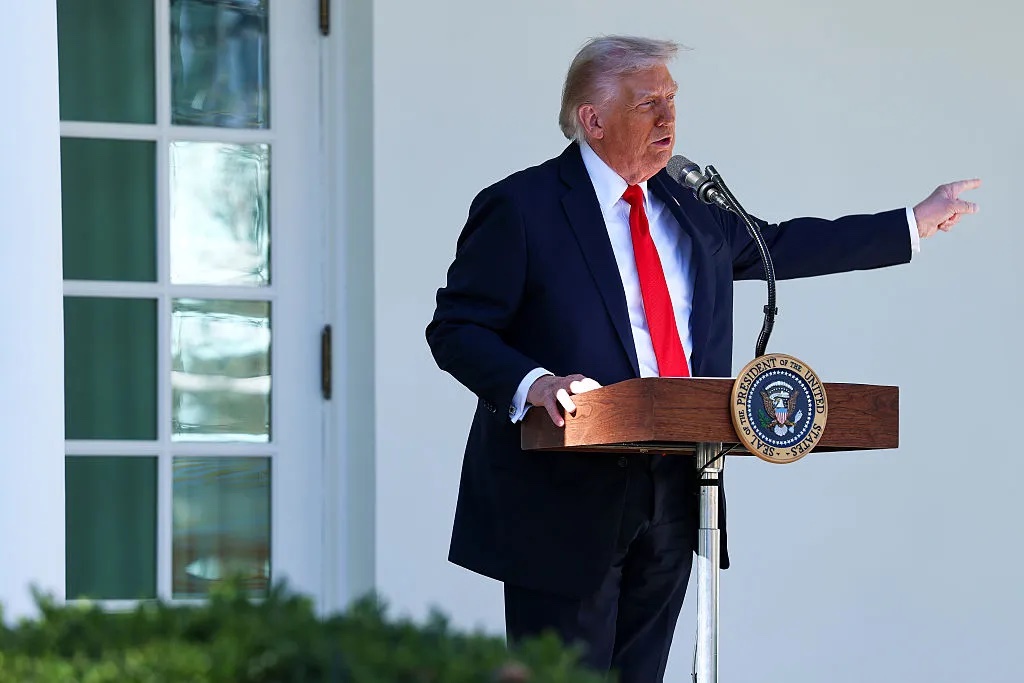
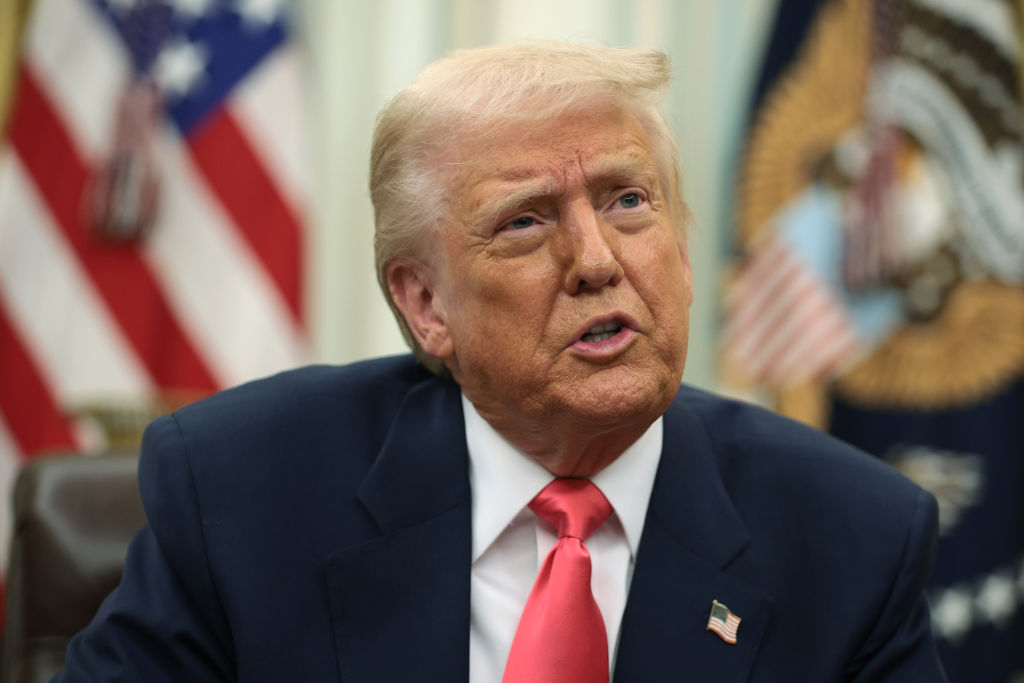
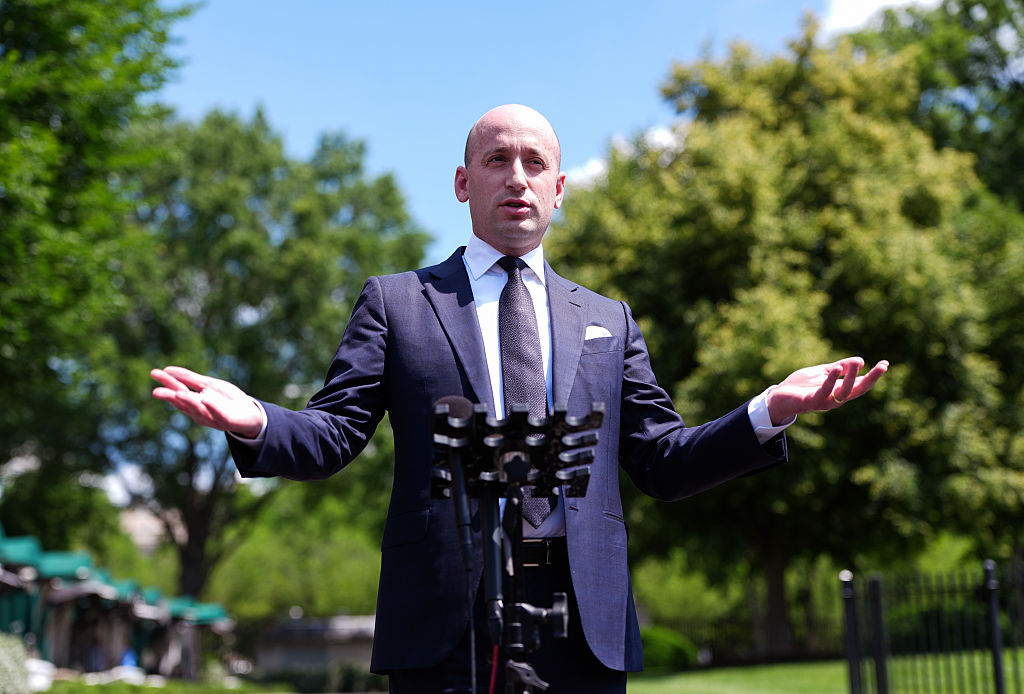
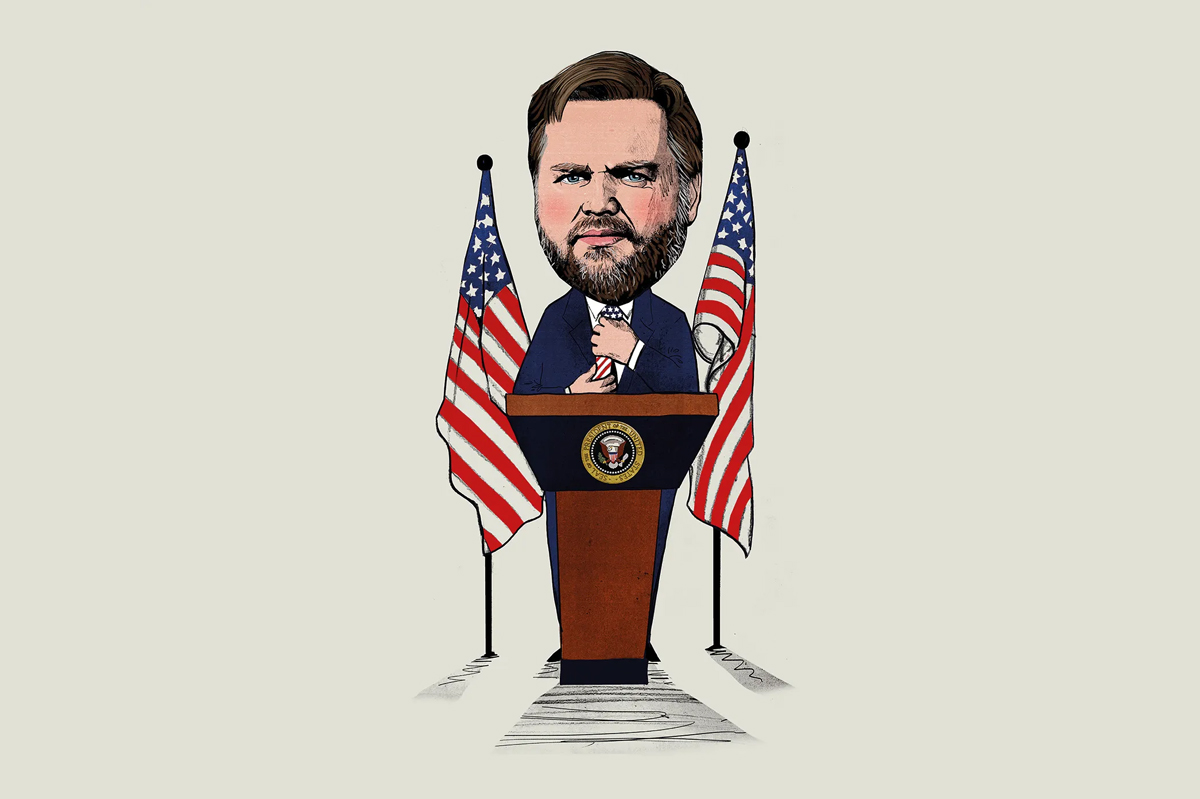







Leave a Reply